April 19, 2025 | 02:13 GMT +7
April 19, 2025 | 02:13 GMT +7
Hotline: 0913.378.918
April 19, 2025 | 02:13 GMT +7
Hotline: 0913.378.918
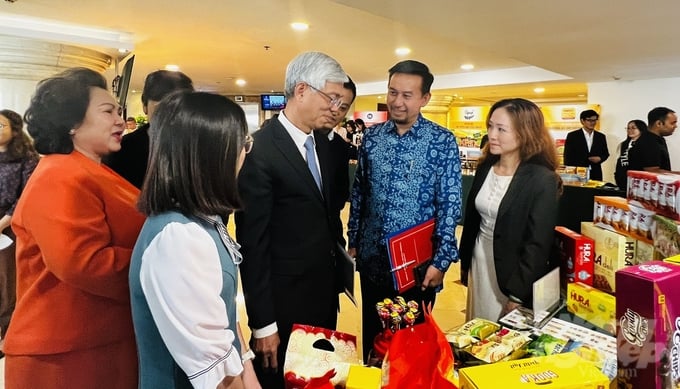
Consul General of the Republic of Indonesia in Ho Chi Minh City, Mr. Agustaviano Sofjan (second from the right), Vice Chairman of the Ho Chi Minh City People's Committee, Mr. Vo Van Hoan, and delegates, exploring Halal-certified products from Vietnamese businesses. Photo: Nguyen Thuy.
The diversification of export markets and opening new markets is considered a pivotal strategy to enhance Vietnam's exports and positively contribute to the country's economic development in the context of substantial global economic fluctuations.
There are over 2 billion Muslims residing in 112 countries and territories around the world, including 57 members of the Organization of Islamic Cooperation (OIC), which represent 25% of the world's total population. Most notably, there is a prevalence of the Islamic faith among Asian nations at 62%, particularly within the ASEAN bloc.
According to a report by the Food and Agriculture Organization of the United Nations (FAO), expenditure on Halal food within the global Muslim community is on a steady rise, with the projection of reaching 1.9 trillion USD by 2024 and 15 trillion USD by 2050.
These figures present an opportunity for Vietnam to attract both Muslim investors and tourists to engage in business and tourism activities in Vietnam, thereby contributing to the country's development and fostering cooperation with the 57 OIC member countries.
During the "Cooperation and Development of the Halal Industry in the ASEAN bloc" forum on October 31, Vice Chairman of the Ho Chi Minh City People's Committee, Mr. Vo Van Hoan, shared that the development of Vietnam's Halal industry has received special attention from the Government and various ministries. Accordingly, Ho Chi Minh City is actively deploying initiatives aimed at guiding the Halal industry's development in association with green production, sustainable consumption, and durable export strategies.
"The city has permanent policies in place to develop the Halal industry, with a focus on the food sector. Ho Chi Minh City currently has multiple Halal-standard service complexes catering to Muslims. Additionally, the number of local businesses meeting Halal export standards is increasing in terms of both quality and quantity," stated Mr. Hoan.
Ms. Ly Kim Chi, Chairwoman of the Food and Foodstuff Association of Ho Chi Minh City (FFA), noted that although the expansive Halal market presents an opportunity for food businesses to boost export turnover, the reality is that the export of Vietnamese food products to this particular market is still in its initial exploration stage.
"Vietnam's exported products mainly consist of raw and minimally processed agricultural and aquatic products, which make up a small proportion of the overall export structure. Despite Vietnam's export capacity and brands ranking within the top 20 globally, the country has not been able to enter the list of 20 to 30 key global suppliers of Halal food," Ms. Chi reported. She added that on average, Vietnam issues Hala certificates to 50 businesses every year, with the primary products being seafood, beverages, confectionery, and vegetarian food.
According to many businesses, despite its considerable potential, the Halal market poses numerous demanding challenges. For example, companies seeking Halal certification must possess adequate information and knowledge regarding permissible and impermissible products under Islamic law; i.e: rice is permissible, whereas pork is not. Additionally, Halal and non-Halal products cannot be produced on the same production line.
Furthermore, Halal certification documents do not hold permanent value and are not universally recognized in all countries or across every product type. As a result, businesses must acquire multiple certifications based on each export market's specific certification criteria. Businesses involved in producing and exporting Halal products encounter challenges in investing in personnel, separate production lines, specialized equipment, ensuring safe raw materials, and adhering to Halal standards throughout the packaging, transportation, and storage processes.
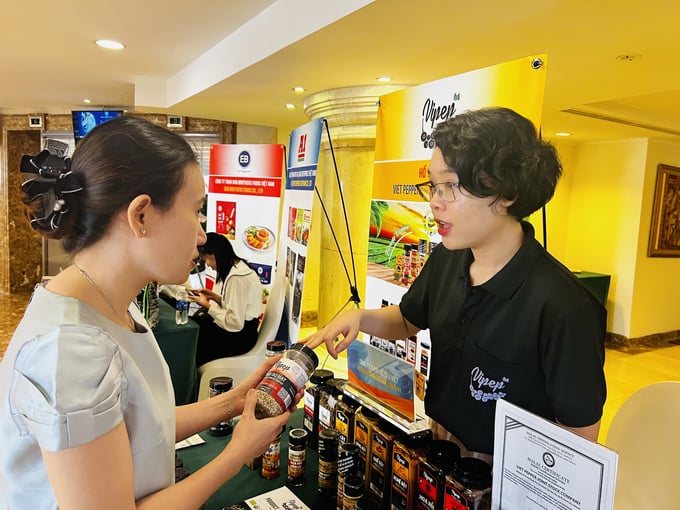
Many Vietnamese businesses have actively acquired Halal certification to serve not only the domestic Muslim community but also to target exports. Photo: Nguyen Thuy.
Consul General of the Republic of Indonesia in Ho Chi Minh City, Mr. Agustaviano Sofjan, stated that Indonesia has the world's largest Muslim population, with over 236.5 million people, accounting for more than 86% of the country's population. Indonesia has the potential to become both the largest consumer market for Halal food, and the largest producer of Halal food due to its abundant natural resources.
According to Mr. Agustaviano Sofjan, the Halal value chain, from farm to fork, goes beyond a simple Halal label on the product. The crucial aspect of these products lies in its origin traceability and verification to ensure the absence of counterfeit products. Furthermore, this process helps identify contaminated products within the Halal value chain.
With the aim of seizing opportunities in the Halal market, Mr. Agustaviano Sofjan encouraged ASEAN member states to perceive Halal as a means to stimulate the economy. "Collaboration and cooperation are the only way for us to achieve optimal outcomes in developing a sustainable Halal food industry ecosystem in the region," emphasized Mr. Agustaviano Sofjan.
The consensus, shared by Rosmizah Binti Mat Jusoh - Consul of Trade, Consulate General of Malaysia in Ho Chi Minh City (MATRADE), stressed that ASEAN countries need to collaborate to supply local products to the global Halal market and foster the development of the global Halal ecosystem.
Accordingly, global producers and consumers must raise their awareness regarding Halal products and services, thereby providing a competitive advantage for Halal products from the ASEAN region.
"We signed a cooperation agreement between Singapore and Vietnam in 2022 to distribute Halal food products in respective markets. Additionally, we have facilitated business connections and technology transfer for the food industry in Vietnam. The Singapore Business Association in Vietnam has worked closely with Singapore Federation of Businesses and Enterprises to establish dialogues and enhance cooperation with Vietnamese businesses," claimed Mr. Jason Yeo, Vice President of the Singapore Business Association in Vietnam.
According to Ms. Chau Thi Le, Deputy Director of Long An province's Department of Industry and Trade, there are currently over 33 Halal-certified businesses throughout the province. Their main products include coffee, rice, cashew nuts, dried fruits, processed agricultural products and seafood, confectionery, and fruit juices.
"The Department of Industry and Trade and the Department of Agriculture and Rural Development have consistently supported businesses in meeting Halal market standards. Moreover, they have strengthened trade promotion and commercial connectivity. Long An province, in collaboration with the Ministry of Industry and Trade, recently organized a trade connection conference to promote the export of Long An province's products. Multiple businesses from Singapore, India, Indonesia, UAE participated in-person and online at the conference, establishing excellent trade relations for Long An province's businesses," reported Ms. Le.
Translated by Nguyen Hai Long
/2025/04/18/0614-0-nongnghiep-120604.jpg)
(VAN) Cashew nuts are not only a nutritious food but also a golden raw material in both cuisine and export, contributing to elevating Vietnamese agricultural products onto the global stage.
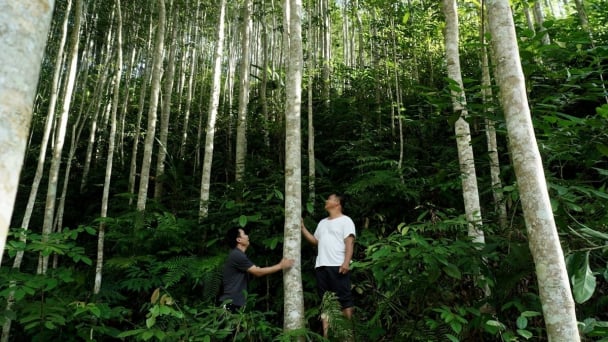
(VAN) Orders from wood processing businesses in Bac Kan Province for export to the U.S. have been cancelled or suspended, even all orders cancelled in some cases.
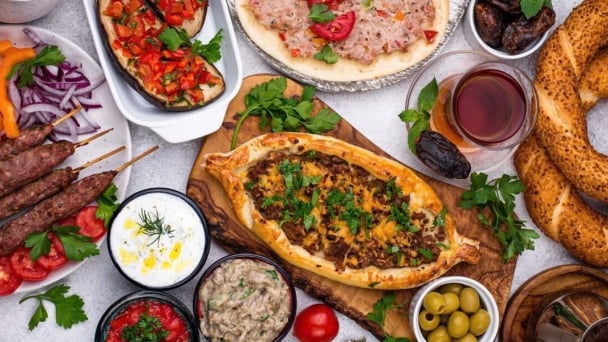
(VAN) Vietnam is regarded as one of the gateways to enter the Halal market in the Asia-Pacific region, which has the world’s largest Muslim population.

(VAN) With an annual production scale of around 5 million tons, Vietnam has enough potential to transform rice bran into a key export commodity if combined with deep processing.
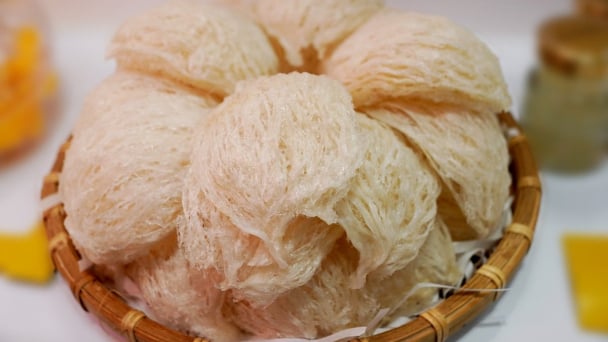
(VAN) As the world’s largest consumer of bird’s nest products, China is gradually becoming a 'golden' market for Vietnamese bird’s nests.
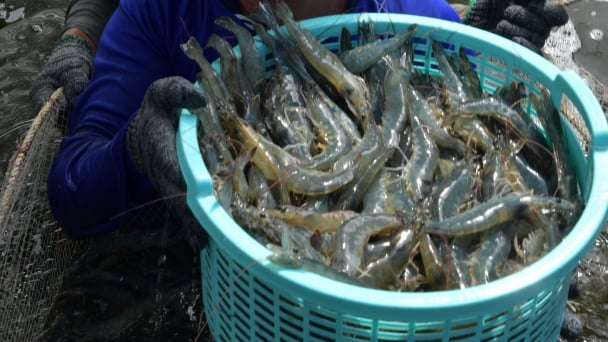
(VAN) Deputy Minister Phung Duc Tien has directed the fishery sector to diversify its farming objectives during the conference reviewing Q1 performance and outlining tasks for April and Q2/2025.
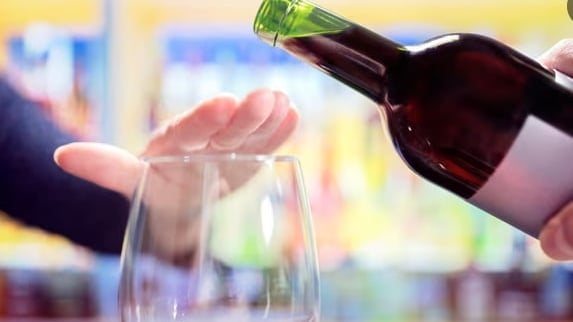
(VAN) Consumption and production falls in almost every market as industry fears a ‘generational’ change in drinking habits.